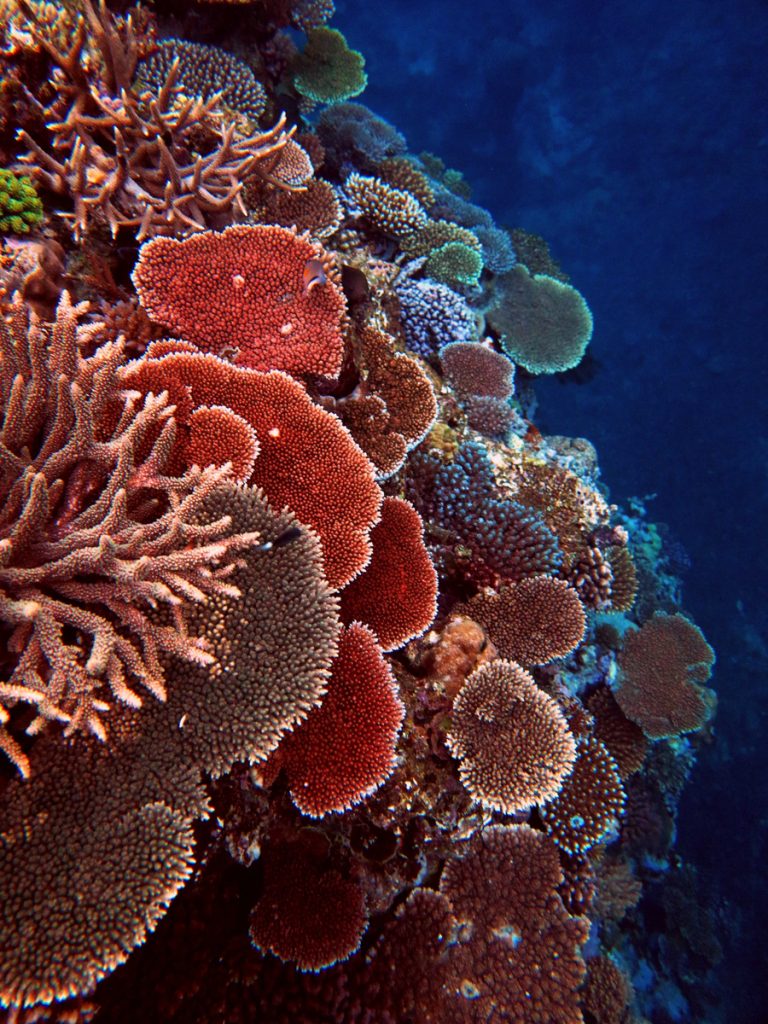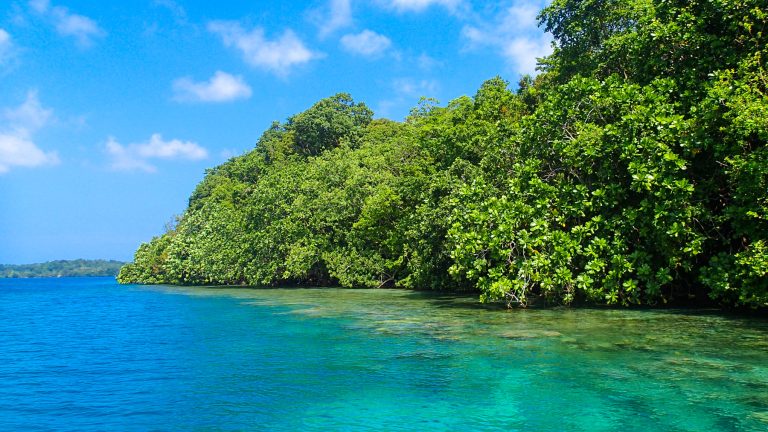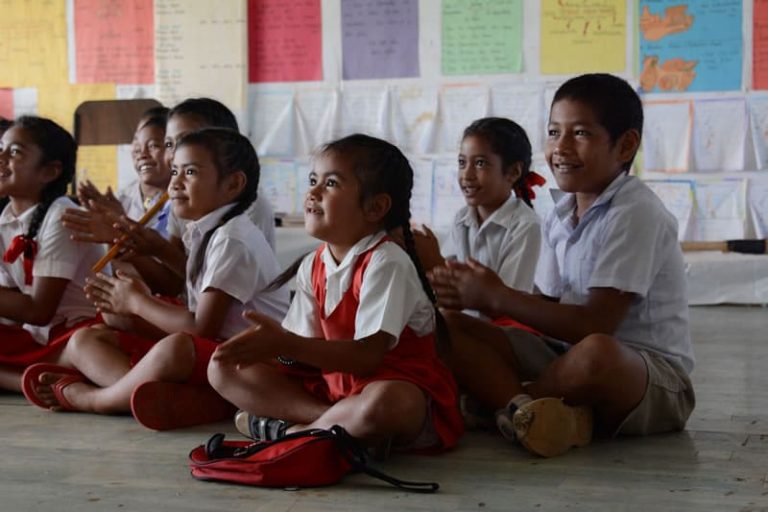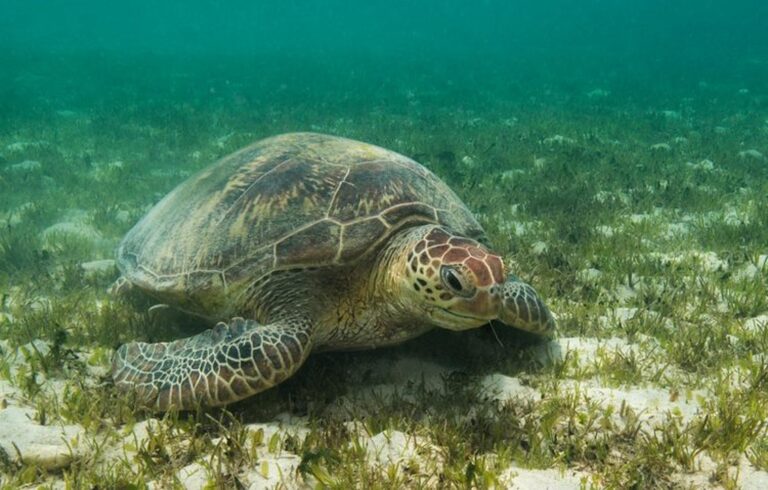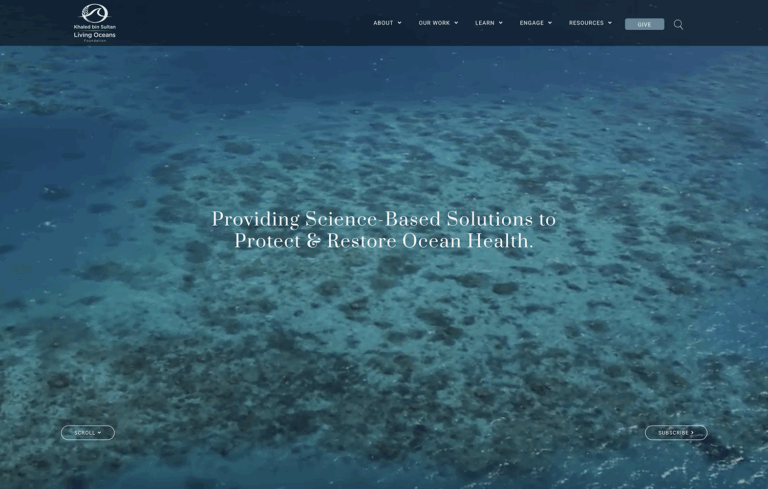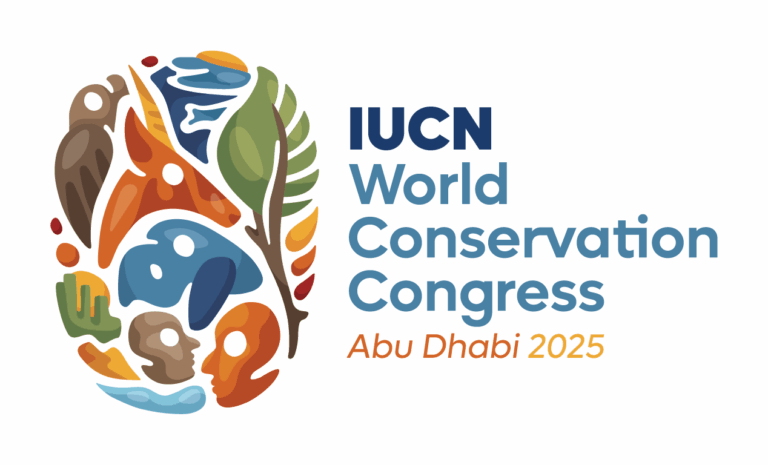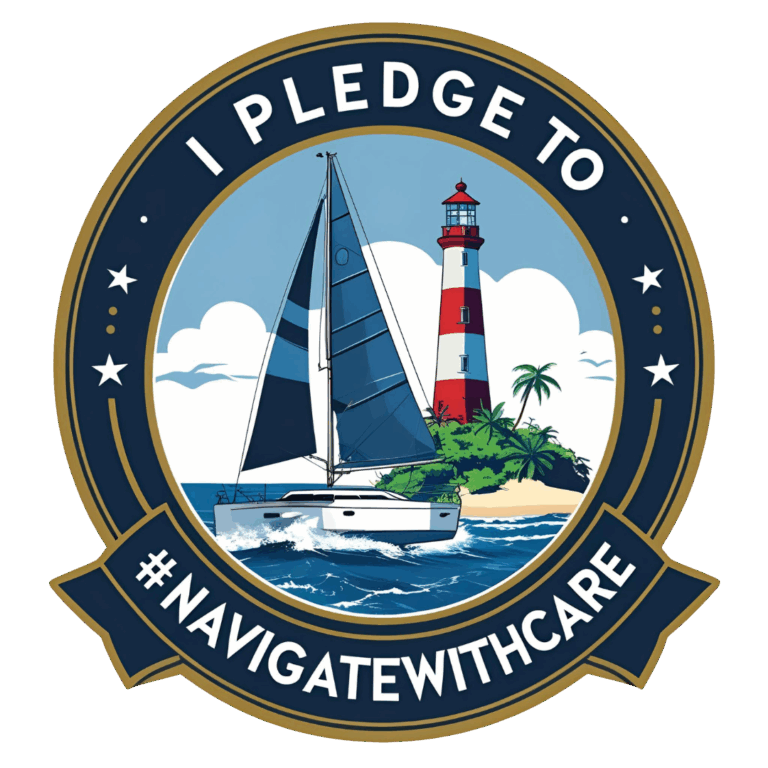Providing Science-Based Solutions to Protect & Restore Ocean Health.
Providing Science-Based Solutions to Protect & Restore Ocean Health.
About
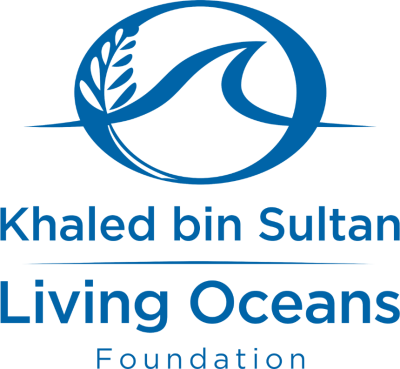
A Global Leader in Conservation
For over 25 years, the Foundation has worked around the world to preserve, protect, and restore the world’s oceans and aquatic resources through scientific research, outreach, and education. Success in these three pillars of our work has made us a global leader in conservation.
Navigate with Care: Protect Our Oceans
PROMOTING SAFE AND RESPONSIBLE BOATING TO PROTECT BOTH PEOPLE AND THE MARINE ENVIRONMENT.
Science Without Borders®: Conserving the Tropics
CO-DESIGNING SCIENCE-BASED SOLUTIONS TO CONSERVE CORAL REEFS, MANGROVE FORESTS, AND SEAGRASS MEADOWS.
Science Without Borders® Challenge
OUR ANNUAL INTERNATIONAL ART CONTEST INSPIRES STUDENTS TO BE CREATIVE WHILE RAISING AWARENESS OF CRITICAL OCEAN SCIENCE AND CONSERVATION ISSUES.
Our Work
Conserving Coral Reefs
Our flagship initiative, the Global Reef Expedition, spanned over a decade and stands as one of the most comprehensive coral reef studies ever conducted. Through this expedition, we mapped and surveyed the health and resiliency of coral reefs across the globe, providing invaluable data that has shaped marine conservation strategies worldwide.
Today, we continue to support coral reef conservation efforts by sharing our data, using the knowledge we gained to support science-based conservation initiatives, and co-designing conservation strategies with local communities to protect these fragile ecosystems.
Restoring Mangrove Forests
Mangroves are vital to coastal protection, carbon sequestration, and marine biodiversity. Through our Mangrove Education and Restoration program, we work with schools and communities to raise awareness of the importance of mangroves, teach conservation practices, and actively engage students and community members in restoration efforts. These programs are transforming local perceptions of mangroves, fostering the next generation of environmental stewards, and helping to restore these critical habitats.
Improving Ocean Literacy
Education is key to driving change. That is why we provide high-quality educational materials and resources for teachers and students around the world. We create lesson plans, activity books, and online tools for students of all ages designed to inspire a love for the ocean while highlighting the importance of marine conservation. Our professional development programs help teachers bring ocean education into their classrooms and build capacity in local communities. Meanwhile, our education programs engage young minds through interactive and immersive learning experiences, ensuring that future generations have the knowledge and passion to protect the ocean.
Join Us
At the Khaled bin Sultan Living Oceans Foundation, we believe that by working together, we can make a difference. With our experience conducting field research and designing education and community outreach programs, we combine our passion with deep knowledge to save our oceans. Help us meet the challenge of our generation. Join us in our efforts to preserve, protect, and restore our living oceans—before it’s too late.
Highlights
Where We Work
Where Coral Reefs Are Found
The Khaled bin Sultan Living Oceans works to conserve coral reefs and other tropical marine ecosystems wherever coral reefs are found. We focus our attention on working with coastal communities, indigenous leaders, and government agencies who ask for our help to protect, preserve, and restore their marine ecosystems. Together, we co-design science-based solutions to protect and restore their marine ecosystems so they can continue be used and enjoyed for generations to come. Learn more…
The Caribbean
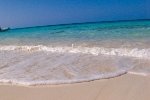
Pacific Islands
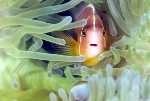
Red Sea

Indian Ocean
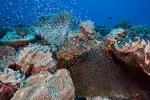
The Caribbean
The Living Ocean Foundation surveyed coral reefs across the Caribbean as part of the Global Reef Expedition. We continue to work in the Caribbean as part of our UN Ocean Decade project, Science Without Borders®: Conserving the Tropics, and work with local partners to run mangrove education and restoration programs in Jamaica and The Bahamas.
Pacific Islands
The Living Oceans Foundation surveyed and mapped over 1,000 reefs in the Pacific Ocean, studying some of the most remote and undisturbed reefs on the planet. The Foundation is now focused on using this wealth of information for conservation, helping small-island nations create community-based marine protected areas to protect their reefs, mangrove forests, and seagrass beds. The first of these pilot programs is working in Fiji with our partners at Pacific Blue Foundation on the Beqa Lagoon Initiative.
Red Sea
Over the course of four years, the Living Oceans Foundation surveyed and mapped all the coral reefs and shallow-water marine ecosystems in the Saudi Arabian Red Sea, publishing the first comprehensive atlas of these marine habitats in 2011. These maps and data have become extremely useful as Saudi Arabia plans to sustainably develop a large section of the Red Sea coast. We have shared our knowledge of the reefs in the region with local partners, and have participated in more recent research missions, including the OceanX and NEOM Red Sea research missions to help protect these reefs for current and future generations.
Indian Ocean
The Living Oceans Foundation has studied coral reefs in several island groups in the Indian Ocean. This included creating maps of reefs in the Seychelles to help the government with marine spatial planning and conservation efforts, developed a management plan to save reefs from a deadly outbreak of crown-of-thorns starfish in the Maldives, and surveyed reefs in the Chagos Archipelago—the largest no-take marine reserve on Earth.
The Caribbean

Pacific Islands

Red Sea

Indian Ocean

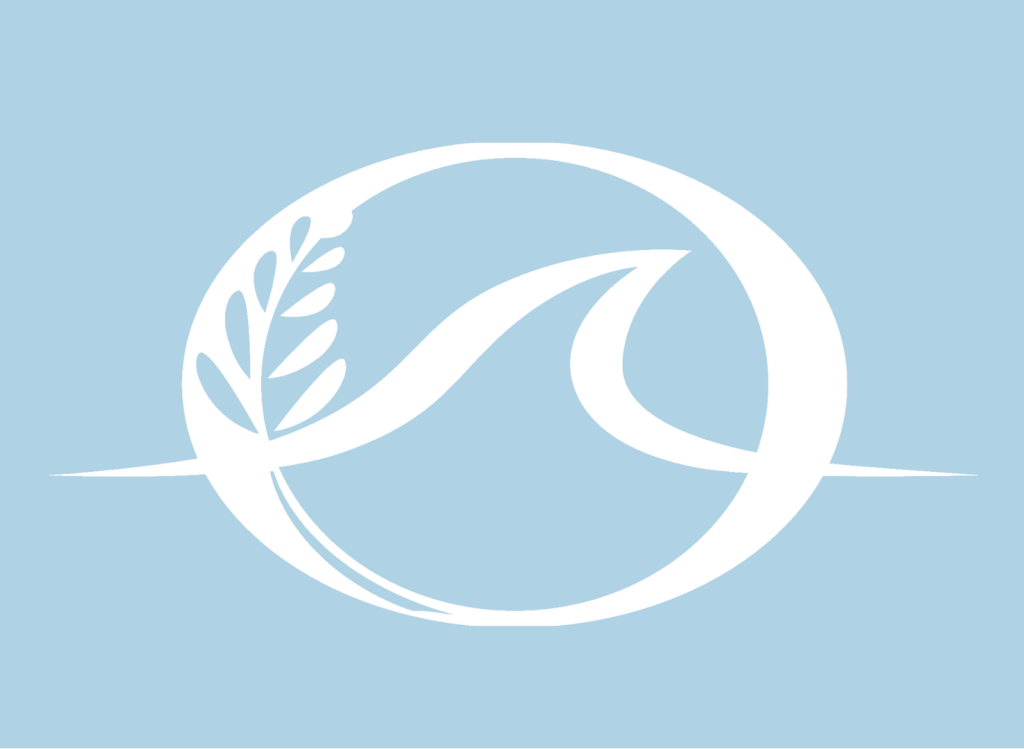
A co-designed approach
Science Without Borders®
Understanding that collaboration across borders and geographic boundaries is necessary for effective marine conservation, the Foundation forms partnerships with scientists and conservationists around the world. Since our founding, we have brought these experts together with local communities to help them conserve their coastal marine ecosystems. This co-designed approach has allowed us to leverage the resources, commitment, and ideas necessary to make substantial progress in marine conservation.
Follow Our Journey
To learn more about the work of the Living Oceans Foundation, subscribe to our newsletter below..

